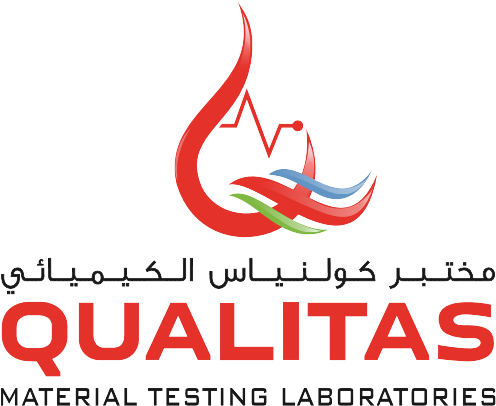It makes sense for anyone working in manufacturing in the United Arab Emirates who may be exposed to heavy metals to search for a Heavy Metal Testing Laboratory In UAE, especially if there is a chance that these goods may be contaminated with those intended for human consumption. Why those organizations must test for these heavy materials is explained by Qualitas Material Testing Lab.
What is involved in heavy metal testing?
Finding out if there are any potentially harmful heavy metals in food involves several tests. While all of these may be harmful or lethal even in little doses, it is not about the levels themselves; instead, it primarily checks for mercury and leads as well as cadmium, chromium, and arsenic.
Heavy Metal Testing Laboratory – Although it might seem obvious, the amount of processed food produced and the fact that the food’s source may not always meet international standards are making it more and clearer that this is a serious issue.
Furthermore, every item is examine—from fruits, vegetables, grains, and nuts to meat, poultry, and fish—instead of just one particular dietary category. Fresh and processed foods are both subject to testing, and testing of the water source, which has the potential to contain heavy metals, is also an option.
How has the pandemic improved heavy metal testing?
Heavy metal testing has benefited greatly from the current COVID-19 epidemic. This is due to the desire of the typical customer to have a wider variety of tests performed on their food, including tests for heavy metals and airborne infections.
As a response, several in the food and beverage businesses have invested much to increase the frequency and quality of their testing for heavy metals and vitamin content. In turn, although it was formerly necessary to comply with authorities, routine testing of all food sources is now standard.
In addition to this increased awareness, additional safety certifications from reputable testing laboratories and businesses, such as Vitamin testing laboratory in UAE, are emerging to support compliance with legislation and the overall information offered to the end customer.

Those that are advancing the testing of several contaminants and streamlining the testing process are aiming to capitalize on the growth of the heavy metal testing markets. Better global testing standards that everyone in the world may use will result from this.
How bad is it?
There have been incidences and investigations this year that have revealed elevated levels of heavy metals in various foods. In the most recent instance, nearly 70% of infant food purchases included either cadmium or arsenic and 95% of the purchases had the lead. Mercury was in one-third. The lack of adequate testing for toxins in the chemical mixture makes this a worldwide issue.
The symptoms of heavy metal poisoning are unpleasant and pose a serious risk to your health for anyone unlucky enough to experience them. Regardless of the symptoms, these heavy metals will bond poorly with your body’s cells, and prolonged exposure may cause some organs to stop working. Assuring heavy metal testing throughout the whole food processing and production cycle is therefore more important than ever.
To comply with the requirements of the regulatory agencies, Qualitas Testing Lab in the UAE conducts analyses following USEPA and Standard Methodologies. We have particular expertise in water analysis for legionella, chemicals, and microbes. We are also well-known for our sludge testing laboratory in UAE.
